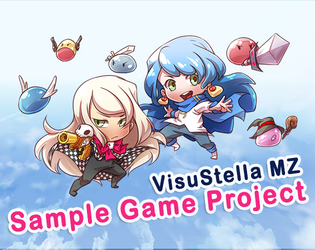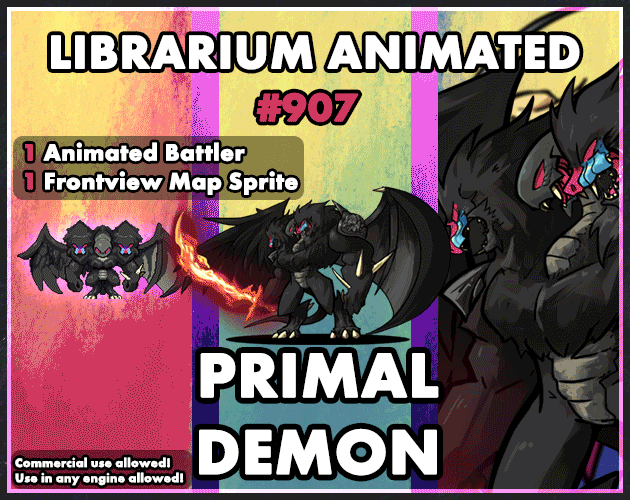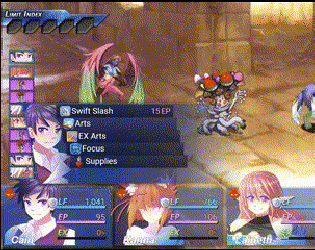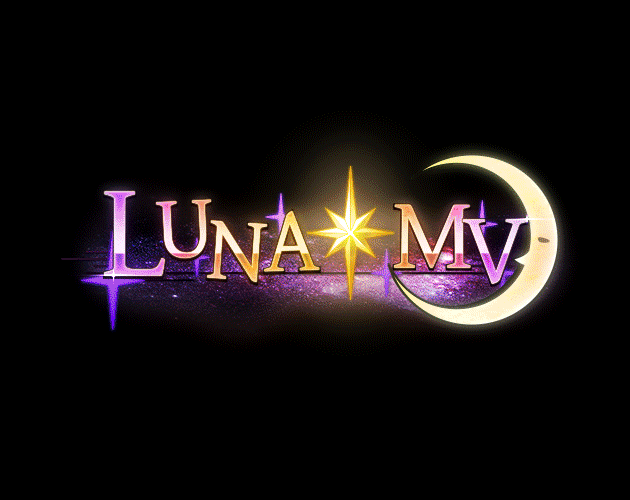A Stranger's Tips: The Game Designer's Manifesto








|
VisuStella, Caz Wolf, Fallen Angel Olivia, Atelier Irina, and other affiliated content creators.
|
This article has been transcribed from RPG Maker Web. An Introduction / PreludeOr as many of you little game makers would say, here is the "prelude". This tiny tome of mine would probably more suit makers of RPG's or games with long storylines, though I will also try to write a little for those who want to write a simple, hour-long game or so. But I want to concentrate more on story-oriented games. It's no secret that some of you produce some very, very bad story scripts for your games. Story may not always be the element of a game people look most forward to, but I always like to think of it like a knot or a cog. If the knot is loose, if the cog is rusty, there is a great possibility the machinery isn't going to work as well as it can. And within that possibility, the chance lies that your machinery can fall apart. And we don't want that to happen. We want to make sure all the little cogs, all the springs, all the nuts, bolts, wires, are all in place and ready to go. That's why I'm writing this – to help you prepare yourself to do this. One last thing to keep in mind, I'm not an expert at game scripting. I've never produced anything I have been very proud of, with respect to writing a game's script (that has been turned into a game, anyway) but I do think I know some tricks, some hints, some tips that could at least help you improve a little, help you see your faults. This guide is split into parts and at the end of each part I will pose a number of questions that you can ask yourself, as well as supplementary material, mostly about literary writing, not game writing, that I thought would be great extra reading material. So here we go. Supplementary Material(Taken from Version 1 of this page) Note: This addresses theme in literary works, not games, but still very much applicable. This is just a little something you can read before you start preparing your story. The following excerpt addresses preparing yourself while writing: 1. Eliminate your ego.When we begin to write, we feel very connected to the work. Even if the story is not about our lives, we feel coupled to it — that it reflects on us. So if your friend reads a story you've written, and hands it back to you saying, "Well, it's all right," you might think, "My God! She thinks it stinks! She thinks I'm stupid! She doesn't like me!" Sometimes the simplest comments from readers can lead to hysteria on our part. Or else we might respond to comments with fury and defensiveness. Once an acquaintance asked me to critique a story of hers. I dutifully marked it up with my red pen and gave it back her, at which point this woman became incensed, her rage taking on Ghaddafi-esque proportions. She called my phone machine at home, shrieking, “But it really happened that way! My mother liked it so why didn't you? You only care about the market, not art! You only care about art, not the mar—” at which point the tape ran out. She never spoke to me again.
Why do people respond to comments about their work with either self-anger or anger at others? Ego. At the bottom of these destructive responses is the foolish belief that we must be perfect for people to like us. We imagine that we must make absolutely no mistakes, and if we do, we're unlikable. Instead of realizing that making mistakes is a necessary part of every learning process, we either attack ourselves ("I'm a failure! I’ll never be a writer! I have no reason to live!"), or we kill the messenger ("He just doesn’t know what it's like to work for days on a story! He has no respect for my self-esteem! He’s just a narrow-minded, ignorant snob!"). It's as if we imagine that readers are reading our personalities rather than our stories. However, if we realize that ego is merely an internal impediment, one that we can learn to step around or even eliminate, we will be less likely to punctuate our apprenticeship with periods of cessation and despair. The main way I do this is by remembering how I feel when I read published work: I simply want the story or article to captivate me from beginning to end, and if it fails to do so, I’m disappointed. By keeping this in mind, I’m far more able to focus on the piece itself and do what needs to be done to it, without thinking about my own needs and feelings. It is a matter of learning to separate myself from the work, view it as a reader, and then act more as caretaker. Some published writers refer to this separation process as learning to be professional. But you need not apply that term. All you need do is recognize that there is a transitional period in the life of every creative piece where the writer, having birthed the work, needs to accept that the work is a distinct entity, and that henceforth the writer needs to be more like a parent, ensuring in all ways possible that it is well-prepared before it goes into the world. The next item is an additional tool you can use to assist you with this transition. 2. Acquire patience.Or, develop a tolerance for time. Aside from egolessness, patience is a writer's best ally, because it gives the freedom to revise. As much as you might wish to see your name in print, you'll feel much better if your name is attached to a tightly-written, well-constructed story than to a muddy first draft. Plus, few teachers, and virtually no editors, want to work with writers who resist revision. Writers need to learn when their resistance to suggestion is mere ego, and when it's based on carefully worked out aesthetic decisions.
|

